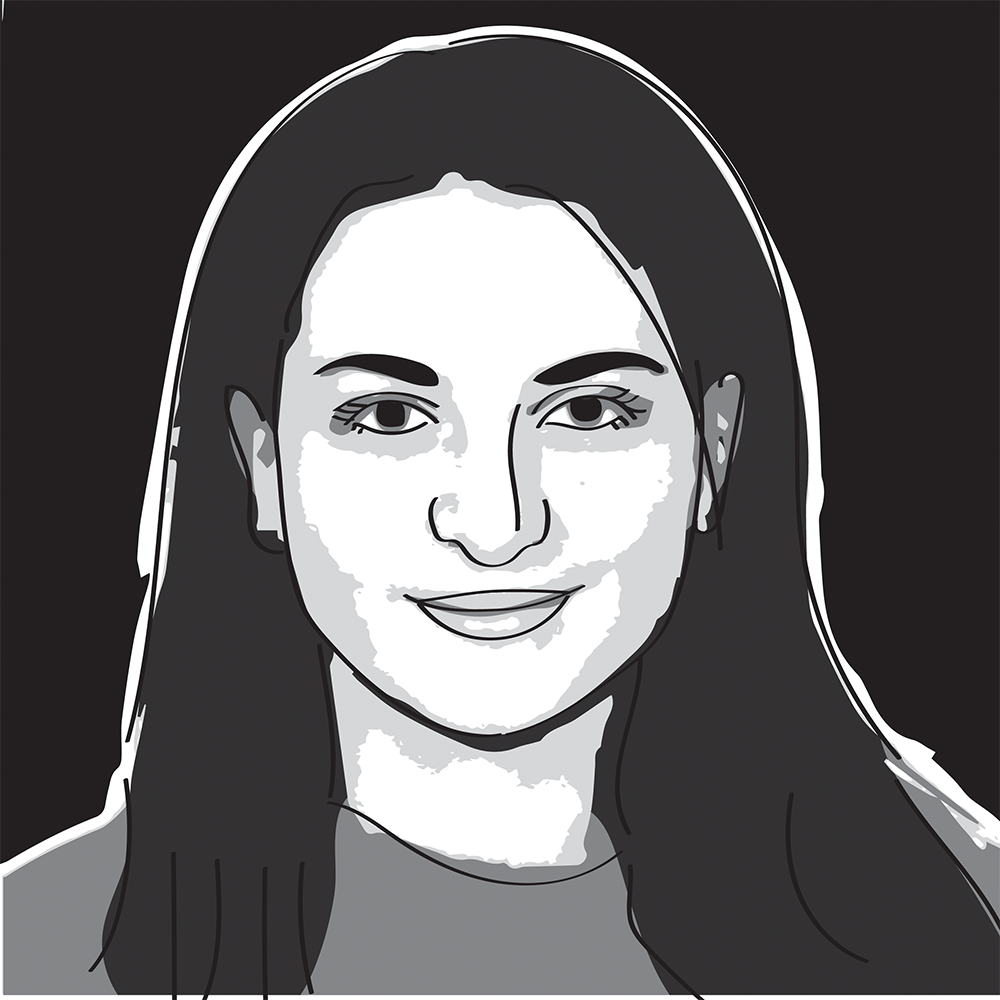During my first week at Georgetown, I was reminded of home in an unlikely place: a large tray of hummus at O’Donovan Hall. However, this bland, lighter shade of hummus was nothing like the rich, paprika-infused hummus that my grandma makes in my hometown of Amman, Jordan. After tasting the poor imitation of hummus at Leo’s, the distance between Georgetown and Amman struck me hard.
As a college freshman, I struggled to adapt to my new lifestyle in the United States while living miles away from family and friends. With my hometown located nearly 6,000 miles and almost 48 hours of travel, including long layovers, away from Washington, D.C., returning home is far from simple. The reality of living abroad is that most of the contact I have with my family is through FaceTime on a weekly basis.
While students from nearby states or countries get the chance to visit family or be visited on more occasions, international students like myself face more difficulties with the distance. The costly flights and limited time during shorter vacations mean that I can only go home during winter and summer breaks.
Despite the long commute in returning to my Jordanian community, however, I’ve found a remedy for the distance by developing a newfound sense of community through Georgetown’s cultural groups.
At my first club fair, an Egyptian friend and I felt a rush of eagerness as we saw the Arab Society banner and two people wearing Keffiyehs, traditional Palestinian head scarves, wrapped around their necks. As we took a few steps closer, I saw the exact same pale hummus offered at Leo’s. But instead of feeling nostalgic or judgmental about the dip, I realized that despite the lack of authentic garnishing, spices or chickpeas from our region, it was still something I could share with others who appreciate it as much as I do.
In joining Arab Society, the Arab food and music that are an integral part of the organization’s events have slowly helped remedy my homesickness. These two aspects not only reminded me of positive memories from Amman, but also brought me satisfaction in introducing them to students of different cultures.
In addition to bridging the distance through food and music, the Arab Society’s event topics have made me feel empowered in my time away from home. For one of our events last year, we teamed up with the Collateral Repair Project, an organization that assists refugees in Jordan, to showcase handwoven quilts by Syrian and Iraqi refugees. The quilts struck me because of how powerful and diverse they were. While one quilt displayed a small brown tent in stark contrast to a warm home, another quilt depicted a young woman with a bubble cloud on top of her head filled with mechanical tools representing her lost dream of whether she will ever go back to engineering school.
It is through events like these that raise awareness of urgent issues such as the refugee crisis in the Middle East that I realize the influence I have living abroad in providing a platform for marginalized groups. Although I am far from Jordan, I can have a greater impact on encouraging students to take action and help create change on issues that are important to my home.
Now, I am the creative director of the GU Arab Society, the group that has formed a staple part of my experience here at Georgetown. My time here has also inspired me to become an ambassador for Arab artists by creating an online platform that shares thought-provoking work of Arab artists along with a short description about their stories. With over 1,000 followers, I have been able to expand the community on campus dedicated to Arab art to an online one with people from around the world.
Even though being an international student in the United States requires acceptance of some detachment from home, I have found community in Georgetown’s cultural groups and embraced being a delegate for my country.
Alia Kawar is a junior in the College. Long-Distance Education appears online every other Wednesday.














